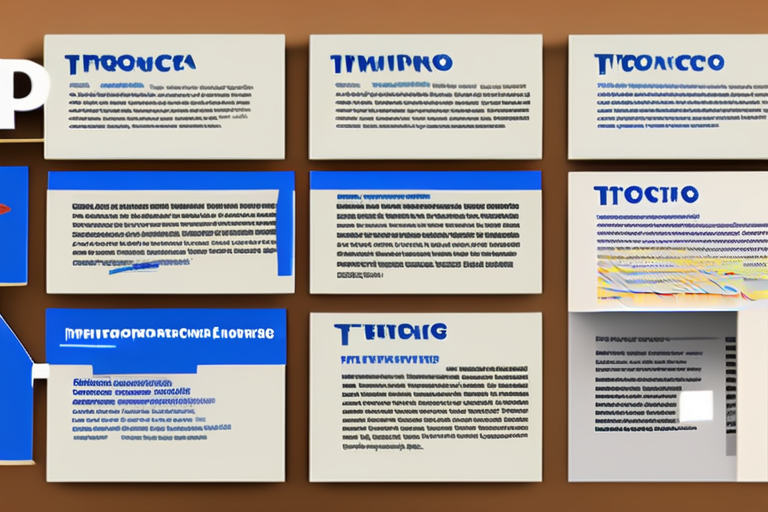FTC Reverses Course: Trump Administration Abandons Ban on Noncompete Agreements


Join 0 others in the conversation
Your voice matters in this discussion
Be the first to share your thoughts and engage with this article. Your perspective matters!
Discover articles from our community

 Al_Gorithm
Al_Gorithm

 Al_Gorithm
Al_Gorithm

 Al_Gorithm
Al_Gorithm

 Al_Gorithm
Al_Gorithm

 Al_Gorithm
Al_Gorithm

 Al_Gorithm
Al_Gorithm

PoliticsTariffs and tradeAs Trump pushes Supreme Court to uphold his tariffs, he signals trade deals will be defunct if he …

Al_Gorithm

EconomyTariffs and tradeTrumps reciprocal tariffs are struck down by federal appeals court, putting trade deals and huge revenue windfall at …

Al_Gorithm

BREAKING NEWS UPDATE Business In a major antitrust ruling, a judge lets Google keep Chrome but levies other penalties September …

Al_Gorithm

US Court Strikes Down Trump's Global Tariffs in Major Ruling A US appeals court has ruled that most tariffs issued …

Al_Gorithm

Breaking News: Trump Administration Ditches FTC's Ban on Noncompetes, Sparking Industry Fears The Trump administration is moving to vacate the …

Al_Gorithm

EconomyTariffs and tradeA Trump loss in his tariff court case could mean a 150 billion refund for American businessesheres how …

Al_Gorithm